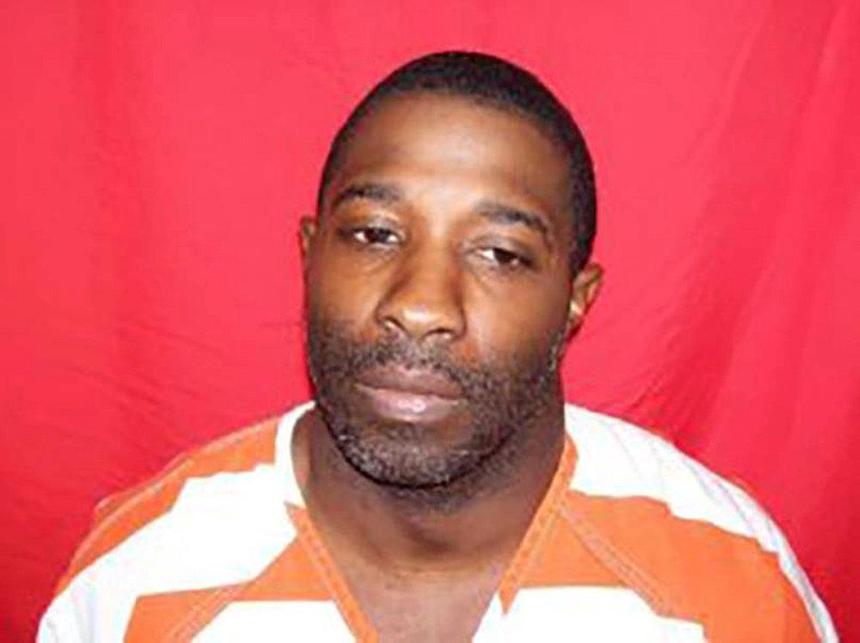Supreme Court sides with death row inmate after lawyer said he was guilty
Published at
(CNN) — The Supreme Court ruled in favor of a death row inmate on Monday who argued his constitutional rights were violated when his lawyer told the jury he was guilty, even though the inmate wanted to proclaim his innocence.
The ruling means the inmate Robert McCoy will get a new trial.
Writing for a 6-3 majority, Justice Ruth Bader Ginsburg said that a lawyer “may not admit her client’s guilt of a charged crime over the client’s intransigent objection to that admission.”
Ginsburg said McCoy’s lawyer, Larry English, was in a difficult position as he sought a lesser conviction of second-degree murder in order to save his client from the death penalty. But even though McCoy was an “unruly client” and “faced a strong government case,” English’s proposed strategy to admit guilt “was incompatible with the Sixth Amendment.”
The issue dates back to 2008 and the murder of Christine and Willie Young and Gregory Colston, the mother, stepfather and son of McCoy’s estranged wife. McCoy was appointed counsel from the public defender’s office, and he maintained his innocence. Before trial, McCoy sought to fire his assigned counsel and his parents hired English in March 2010. English concluded that the evidence against his client was overwhelming and that the only thing that could clear him of a death sentence would be a concession of guilt for second-degree murder. McCoy sought to fire him and told him not to make the concession. The trial court refused to relieve English of his duties.
Ultimately, English’s strategy backfired: He told the jury that McCoy was the killer, and the jury returned a verdict of guilty of first-degree murder and sentenced him to death. McCoy sought a new trial.
“The Sixth Amendment guarantees to each criminal defendant the ‘Assistance of Counsel,'” Ginsburg wrote in her opinion. But a “defendant need not surrender control entirely to counsel.”
She said that a defendant may “steadfastly refuse to plead guilty in the face of overwhelming evidence” and that the defendant maintains the right to “reject the assistance of legal counsel despite the defendant’s own inexperience and lack of professional qualifications.”
McCoy’s current attorney, Richard Bourke, Monday said, “Mr. McCoy’s case will now, for the first time, be investigated and litigated by a legal team intent on honoring his vehement protestations of innocence, rather than conceding his guilt.”
Justice Samuel Alito wrote a dissent joined by Justices Clarence Thomas and Neil Gorsuch. Alito noted the details of the crime, including the fact that McCoy argued the victims had been killed by local police and that he had been framed by state and federal officials.
Alito said that faced with “an incredible and uncorroborated defense,” English had warned his client — months in advance — that the only viable strategy was to admit guilt and concentrate on avoiding the death penalty. He criticized the majority for discovering a “constitutional right” — a criminal defendant’s right to insist that his attorney contest his guilt with respect to all charged offenses.
“I would hold that [English] did not violate any fundamental right by expressly acknowledging that petitioner killed the victims instead of engaging in the barren exercise that petitioner’s current counsel now recommends,” Alito wrote.



